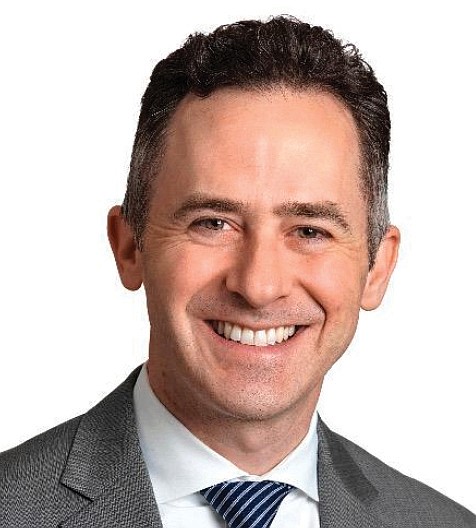Questions persist about Richmond Technical Center classes
Ronald E. Carrington | 3/18/2021, 6 p.m.
The debate and search for answers about eliminated vocational classes at the Richmond Technical Center raged on for a second week on “The Gary Flowers Show” on WREJ-990 AM.
The half-hour, question-and-answer segment included Richmond Schools Superintendent Jason Kamras; Harris Wheeler, a longtime horticulture professional who formerly worked for the City of Richmond and taught at the Tech Center; and a caller identified only as “Ann,” who said she retired as an educator at the Tech Center.
The radio show revisited Richmond Public Schools’ cancellation of brick masonry and small engine repair classes at the Tech Center, as well as single-digit student enrollment in the center’s horticulture classes.
The persistent questions were very straight forward: Why are RPS vocational courses being reduced or canceled? What can the Richmond community do to assist in re-instating much-needed craftspersons’ classes to help students become productive members of Richmond’s workforce? Is there still a need for craftspersons in the workforce?
Caller Ms. Ann made the point that RPS students are not introduced to vocational programs although many students are not interested in going to college and want to work in the city.
Mr. Wheeler, who said he was introduced to vocational education as a RPS student, suggested Richmond’s blue-collar and white-collar workers should come together and develop an understanding on how they can complement the district’s technical education.
Mr. Kamras said he is committed to forming a community group of educators, middle and high school counselors, business leaders and parents, to provide input as he and RPS think through the Tech Center’s course offerings.
The overarching goal, he said, will be to expose students to vocational and technical education, as well as to examine the present and future needs of industry, government and students.
Mr. Kamras promised to involve RPS Chief Engagement Officer Shadae Thomas Harris to support what the community group sees as critical needs for RPS students. Those findings, he said, will be submitted to the Richmond School Board.
Mr. Flowers interjected that local non-profits and community-based organizations are providing vocational skill development and they need a connection with RPS and Richmond’s corporate sector.
“Corporations need to invest more in technical education as the district addresses the shortages in skilled labor occupations,” Mr. Flowers said.
In an interview after the broadcast, School Board Vice Chairman Jonathan Young, 4th District, said that technical and vocational education has not been a major focus, as the board takes very little time discussing that program.
“However, that should change now that Mayor Levar Stoney has allocated funds in his capital budget for a project for South Side’s Altria building,” Mr. Young said. “If City Council approves the mayor’s budget, technical and vocational education will become a focus for the School Board.”
In March 2019, Mr. Kamras and Dr. Paula P. Pando, president of Reynolds Community College, announced they were teaming up to create a new technical education center in a 288,000 square-foot former U.S. Smokeless Tobacco plant at 2325 Maury St. in South Side that was donated by Altria to the RPS Foundation. Once rehabbed and outfitted, the center is to provide RPS students with technical and vocational skills to meet the needs of the
21st century, officials said at the time. Dr. Pando spoke then about students in technical jobs commanding $50,000 to $60,000 salaries without earning an associate degree. She said automotive tech- nicians, a high technology field requiring a number of certifications and significant training, are getting a starting salary of around $48,000.
In a text on Wednesday, Mr. Kamras wrote that the Mayor’s Office has mentioned $70 million for a complete renovation of the South Side building.
According to the mayor’s March 5 capital spending message to City Council, RPS has $7.3 million available currently to plan new schools. The mayor’s budget plan includes $200 million in the 2023-24 fiscal year for replacing George Wythe High School and developing the new South Side technical center.
“This project is designed to fill the gap in the skilled labor force, as well as for some to earn college credits,” Mr. Young said.
He said the mayor’s proposed funding would allow for the renovation of the building and fulfill a lot of the city’s vocational and trades workforce needs.








